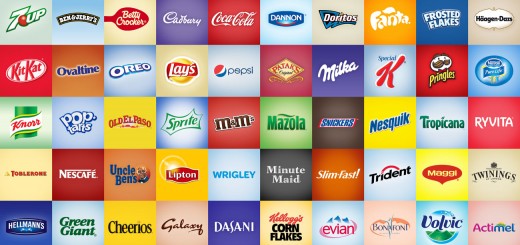What Google’s ‘Web of Apps’ means for brands
Last week Google announced the launch of app streaming, taking a big step towards the creation of a ‘Web of Apps’. The logic behind Google’s decision is that at present about 40 per cent of Google searches return content found in apps such as Facebook, Instagram, and Pinterest and this figure is only set to rise, particularly due to the growth in app-only businesses with no web presence, such as Uber and Hotel Tonight.
Gearing up for an app only world
To date, Google search has bundled together content found on the web and in apps. However, the major players in mobile – Google, Apple, Facebook, and Microsoft – dream of a ‘Web of Apps’ in which users could navigate between apps much like we do already on the web. Initiatives such as ‘app indexing’ and deep linking have already paved the way for this. Facebook’s use of Google app indexing means that clicking from Google search results to content within Facebook will launch the Facebook app and load the content.
However, directing someone to an app that they don’t have will result in a terrible user experience. Google’s announcement changes this significantly. With app streaming, Google will effectively broadcast what you’re looking for within an app, without any need for you to install it. There will be no fragmentation in user journey and no need to waste time, bandwidth and storage installing an app for one-time use.
Initially Google will be rolling out this trial to a limited number of partners, all of whom are US based – Hotel Tonight, The Weather Channel, Chimani, Gormey, My Horoscope, Visual Anatomy Free, Useful Knots, Daily Horoscope and New York Subway. There will also be significant limitations to the scale of the streaming service. It will only be available to users of the latest Android 5 and Android 6 devices, via the Google app, and those who have their language set to US English. In addition, because the streaming of apps requires a fast internet connection, it will only be available on WiFi.
As this is a Google initiative, iOS users will not benefit from this service. This could change in the future. Apple has the concept of app streaming on its agenda, but while it is in its experimental phase it will be exclusive to Android.
One of the app-only properties selected for the trial of app streaming is the last-minute hotel booking app Hotel Tonight. Hotel Tonight has no web presence (bar a landing page) but the content within the app can be extremely useful if returned in a search. An example provided by Google is that if someone searches for a hotel in Chicago on Google, a link to Hotel Tonight will be returned among the results. Tapping that link will allow the user to stream the app and see the contents – even if they don’t have the Hotel Tonight app installed. For the user, it will feel like a seamless experience.
The implications of this aren’t limited to mobile-only, transactional apps. There are benefits for any brands that utilise apps as party of their marketing or product strategy. For example: News apps will be able to link news searches to a stream of their app and retailers will be able to link product searches to their apps.
What this means
While this is a small-scale beta trial with limited audience reach, the potential implications to mobile marketing are vast. As there is significantly more functionality to an app than there is within a web browser, brands will be able to deliver much more immersive experiences to consumers, without the need to vie for the limited real estate on a consumer’s smartphone.
It will be interesting to see how Apple responds to this first salvo from Google. It is in the interest of both parties to ensure that this technology works on both Android and iOS devices.
The post What Google’s ‘Web of Apps’ means for brands appeared first on Digital Market Asia.


